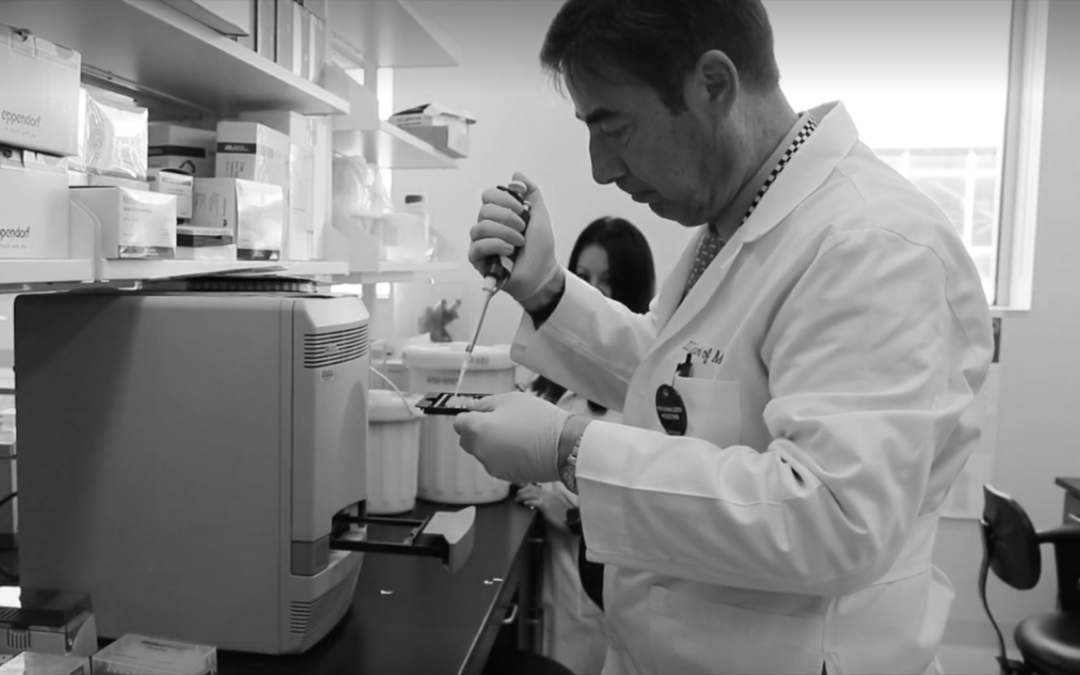Indiana University School of Medicine researchers have successfully developed a blood test for anxiety. The test looks for biomarkers that can help them assess an individual’s likelihood of developing anxiety, the intensity of their existing anxiety, and which therapies are likely to treat their anxiety the best.
MindX Sciences is developing the test for widespread use by clinicians now that it has been verified by researchers.
“Many individuals suffer from anxiety, which may be quite debilitating and interfere with everyday living,” stated Alexander Niculescu, MD, PhD, professor of psychiatry. “The current strategy is to talk to them about their feelings to check whether they could be on drugs, however, certain pills can be addictive and cause further difficulties. We wanted to test if our method of identifying blood biomarkers may help us match patients to current drugs that function better and are less addictive.”
Previous research by Niculescu resulted in the invention of blood tests for pain, depression/bipolar illness, and post-traumatic stress disorder. This current study, published in Molecular Psychiatry, employs similar techniques to treat anxiety. The research encompassed three distinct cohorts: discovery, validation, and testing. A blood test would be administered to participants every 3-6 months or if a new mental hospitalization occurred. Researchers could determine a patient’s present level of anxiety and match them with pharmaceuticals and nutraceuticals by evaluating RNA biomarkers in the blood, demonstrating how successful alternative solutions may be for them depending on their biology.
“There are alternative approaches to address anxiety, such as cognitive behavioral therapy or lifestyle modifications, in addition to drugs,” Niculescu explained. “But, having something objective like this that allows us to know what someone’s current status is as well as their future risk and what treatment choices fit their profile is incredibly effective in assisting individuals.”
Biomarkers might vary throughout time as well. According to Niculescu, the test can assist assess a person’s likelihood of acquiring higher levels of anxiety in the future, as well as how other factors, such as hormonal changes, may affect their anxiety.
“There are people who have anxiety and it is not correctly identified, so they have panic attacks and end up in the ER with all sorts of medical symptoms,” Niculescu explained. “If we can find out sooner, we can maybe eliminate this agony and suffering and treat them with something that fits their profile.”
This new test, according to Niculescu, might be used in conjunction with the other blood tests developed as a result of his study, offering a more comprehensive picture of a patient’s mental health and risk of future mental health issues. Researchers can potentially use the test to design novel anxiety medicines that are more tailored to certain biomarkers.
“This might be a panel test as part of a patient’s routine wellness checkups to monitor their mental health throughout time and avoid future upset,” Niculescu explained. “Since prevention is better than cure, our objective is to be able to deliver a thorough report for patients and their physicians using only one tube of blood.”
Source: Indiana University School of Medicine

Erin Balsa is a highly skilled and knowledgeable health journalist with a passion for educating the public on important health and wellness topics. With extensive experience in both traditional and digital media, Erin has established herself as a trusted voice in the field.

